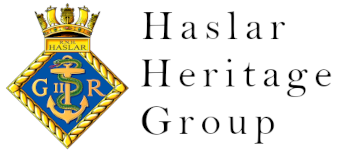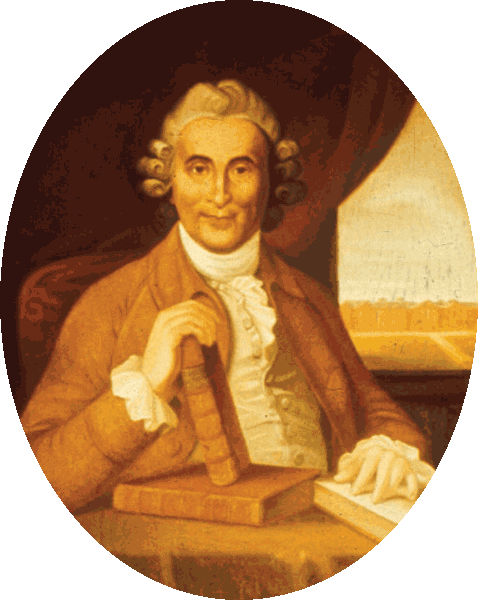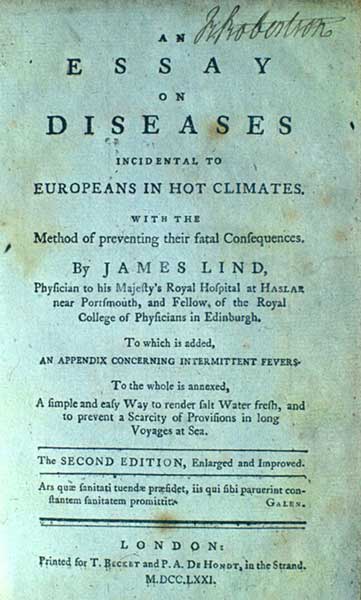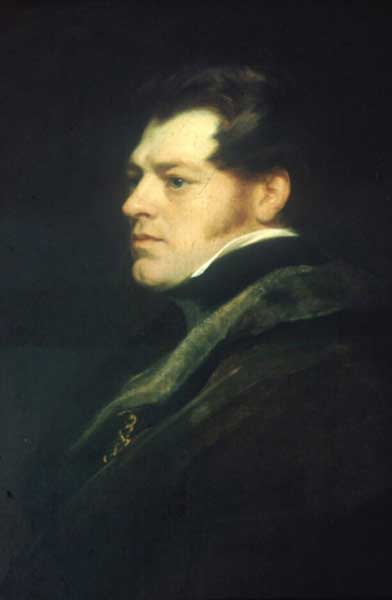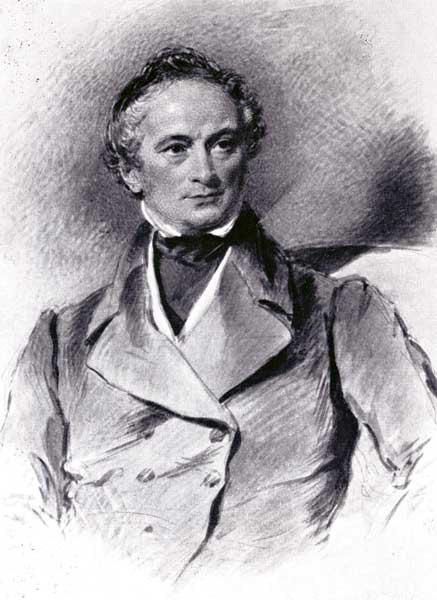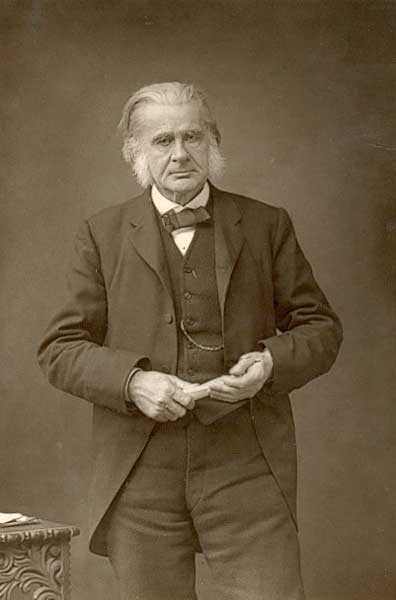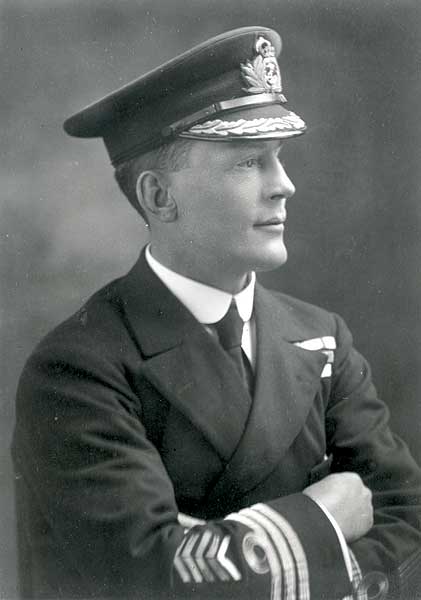Famous Faces
James Lind (1716-1794)
Known as ‘The Father of Nautical Medicine’ Lind entered the Royal Navy as a Surgeon’s mate in 1739. In 1758 he became Physician-in-charge at Haslar a post he held for 25 years. Lind’s Genius recognised a treatment for scurvy (Lime juice) that was not implemented in the Navy until 44 years after his death.
Sir John Richardson (1787-1865)
Having entered the Royal Navy in 1807 as an Assistant Surgeon Richardson was appointed in 1819 to Sir John Franklin’s Arctic expedition. He joined Haslar in 1838 as a physician and he was promoted inspector of Hospitals in 1840. Whilst at Haslar he carried out many reforms and at the age of 61 led an overland search for Sir John Franklin’s ill-fated expedition.
Admiral Sir Edward Parry (1790-1855)
Naval Hydrographer and respected Arctic explorer Parry came to Haslar in 1847 as Captain Superintendent. A genial and tactful man, who between 1847-52 improved working relationships and conditions for both staff and patients. He was greatly remember for his Bible readings to patients on Sundays evenings. His wife Catherine befriended the ‘Lunatics’ and she also read to them. On leaving Haslar their departure was much lamented by all staff and patients.
Professor T H Huxley (1825-1895)
Whilst serving at Royal Hospital Haslar in 1846 Assistant Surgeon T H Huxley was recommended by Sir John Richardson for the position of surgeon onboard HMS Rattlesnake on an expedition to New Guinea. From this beginning Huxley’s interest as a naturalist brought him great respect and through his letters to Charles Darwin be became known as “Darwin’s Bulldog”.
Surgeon Commander Edward Atkinson DSO AM RN (1882-1928)
Surgeon Commander Attkinson joined the Navy in 1908 and was appointed to the Royal Hospital Haslar as the ‘Vaccinator’. In 1910 he joined the Terra Nova for Antarctic exploration and it was Atkinson who found the bodies of Bowers, Wilson ans Captain Scott following the ill-fated expedition to the South Pole.
Atkinson served at Gallipoli and in France during First World War and was awarded the DSO in 1918 for his actions onboard HMS Glatton whilst under fire in Dover Harbour.
He also found time to visit Russia and assist victims of the Bolshevik Revolution.
In 1918 Atkinson was appointed as a Captain in the Royal Hellenic Navy. His early death in 1928 was much lamented and he was commended as a Solid, dependable man with real powers of leadership.
Atkinson served at Gallipoli and in France during First World War and was awarded the DSO in 1918 for his actions onboard HMS Glatton whilst under fire in Dover Harbour.
He also found time to visit Russia and assist victims of the Bolshevik Revolution.
In 1918 Atkinson was appointed as a Captain in the Royal Hellenic Navy. His early death in 1928 was much lamented and he was commended as a Solid, dependable man with real powers of leadership.
